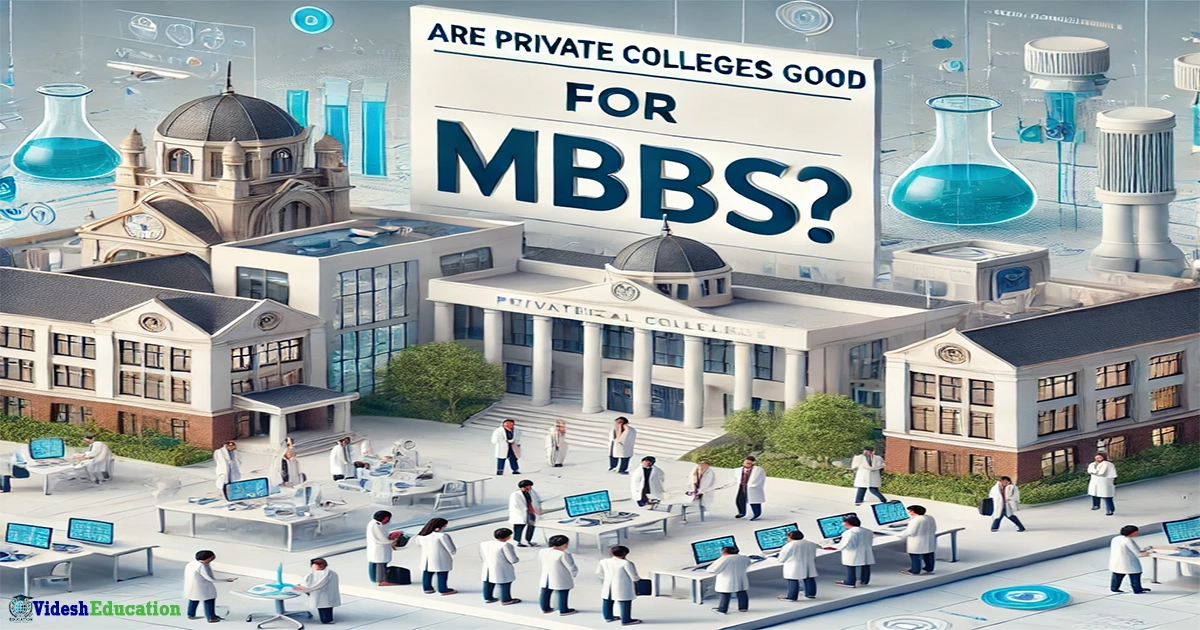
Is It Worth Studying MBBS in China
- 24th October
- 35

Pursuing an MBBS degree is a major decision, and choosing the right college is just as important. With the increasing number of private medical colleges, many aspiring doctors wonder if these institutions are a good option. In this blog, we will delve into various factors to help you determine whether private colleges are good for MBBS.
One of the primary concerns for students and parents is the quality of education in private medical colleges. While government medical colleges are often seen as prestigious, many private institutions offer quality education with well-equipped laboratories, libraries, and modern facilities. However, the quality may vary from one private college to another, so it's important to research thoroughly before making a decision.
Private colleges often employ highly qualified and experienced faculty members, some of whom have international exposure. These professors can provide students with a rich learning experience. However, it is essential to check the faculty-to-student ratio and ensure that the college maintains a standard in teaching quality.
Many private medical colleges boast state-of-the-art infrastructure, modern laboratories, and advanced medical equipment, offering students hands-on training. The availability of these resources can play a significant role in shaping your medical education. However, smaller private colleges might lack some facilities, which is why visiting the campus before enrolling is recommended.
Private medical colleges generally have much higher fees than government colleges. This can be a barrier for some students, especially those who do not qualify for scholarships or financial aid. It is crucial to weigh the financial commitment against the benefits offered by the institution. Make sure to consider all aspects, including tuition fees, hostel charges, and additional expenses.
A common misconception is that students from private colleges struggle with career opportunities compared to those from government institutions. However, if a private college is recognized by the Medical Council of India (MCI) or other relevant authorities and has a good reputation, graduates can have similar career prospects as their government college counterparts. Many private colleges also offer excellent internship programs and tie-ups with hospitals for placements.
Ensure that the private college you are considering is recognized by the Medical Council of India (MCI) or the National Medical Commission (NMC). Accreditation is important as it ensures that the college meets specific educational standards, and it plays a role in determining the value of your degree in the future.
Private colleges often provide a conducive environment for personal growth, with modern amenities like hostels, libraries, sports facilities, and extracurricular activities. However, the student experience may vary, so it is advisable to connect with current students or alumni to get a real sense of campus life and education quality.
The answer to whether private colleges are good for MBBS depends on various factors such as the college's accreditation, faculty, infrastructure, and your financial capacity. If you are able to secure admission to a reputable private medical college with strong infrastructure and faculty, it can be a good option for your MBBS studies. However, thorough research is necessary to make an informed decision.
Ultimately, the college you choose should align with your career goals, financial situation, and expectations. Private colleges may offer excellent education, but it's important to ensure that the institution meets the required standards and can provide the necessary support for your medical career.